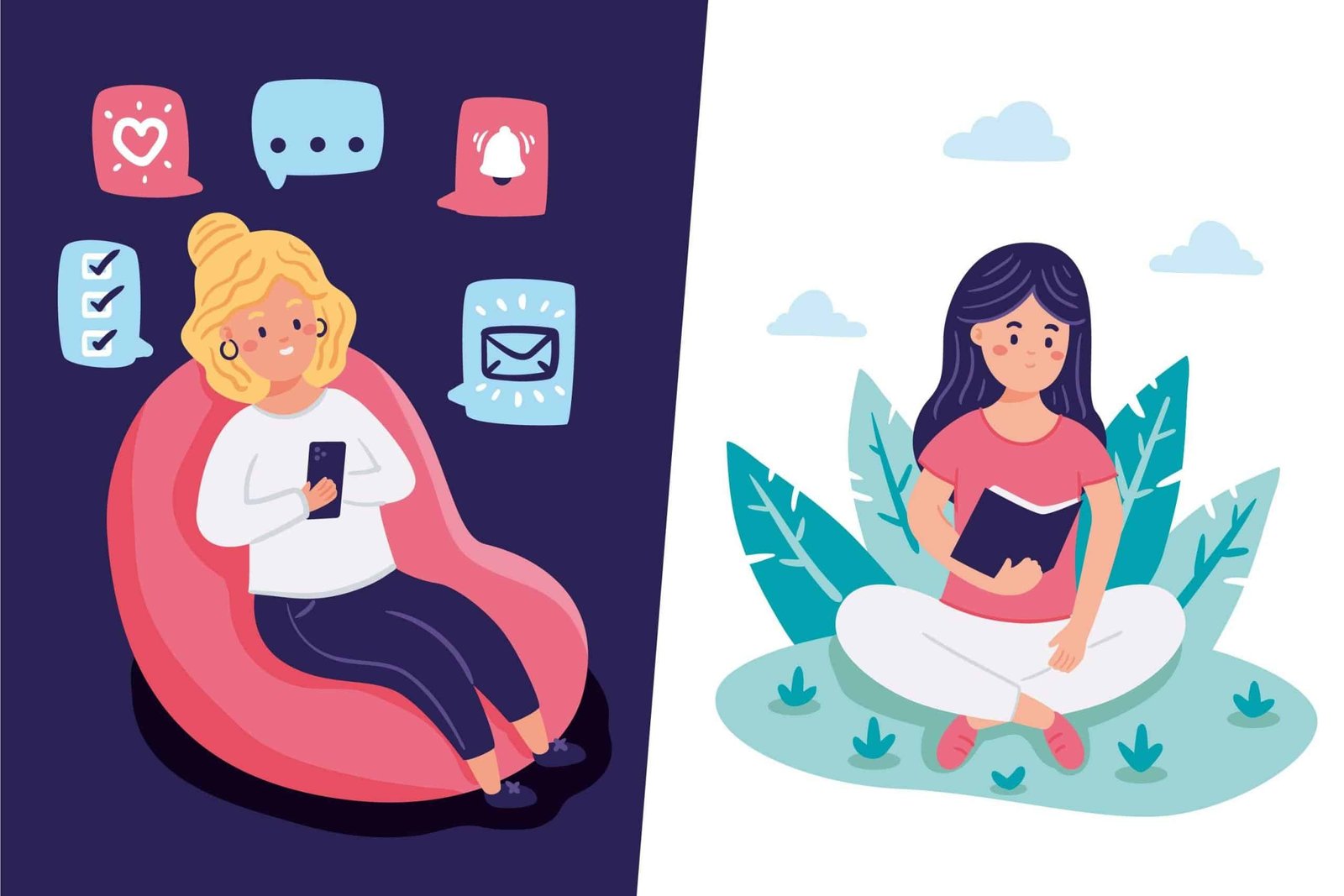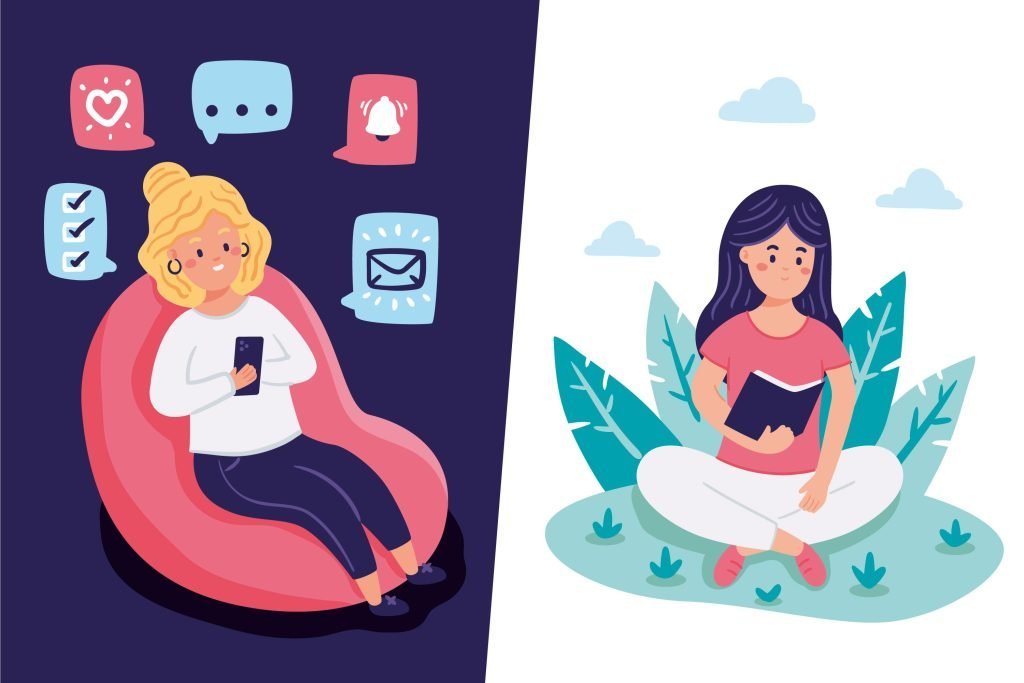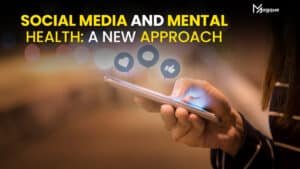Understanding the Impact of Social Media on Mental Health
Hey there, fellow netizens! Today, let’s delve into a topic buzzing around the digital sphere: the relationship between social media and mental health. We all know the allure of scrolling through endless feeds, double-tapping on posts, and staying connected with friends and family. But have you ever thought about how these digital interactions might affect your mental well-being?
Social media has undoubtedly revolutionized the way we communicate, share information, and connect with others. But like any powerful tool, it comes with its pros and cons – and its impact on mental health is no exception. From feelings of inadequacy and comparison to anxiety and depression, social media can have both positive and negative effects on our mental well-being.
Think about it like this: scrolling through a perfectly curated Instagram feed is like peering a window into someone else’s life. But here’s the catch – it’s not a true reflection of reality. Behind every flawless photo and witty caption lies a complex story with struggles, insecurities, and imperfections. When we compare ourselves to these carefully crafted images, it’s easy to feel like we’re falling short. Like we’re not good enough.
But it’s not just a comparison that can take a toll on our mental health. The constant barrage of notifications, likes, and comments can also contribute to feelings of stress and overwhelm. It’s like being bombarded with messages from a never-ending stream of acquaintances, each vying for your attention and approval. With every ping and ding, the pressure to stay connected and engaged can feel overwhelming, leaving us drained and exhausted.
So, what can we do to protect our mental health in the age of social media? Well, the key is finding a healthy balance. Instead of mindlessly scrolling for hours, try setting boundaries and taking regular breaks. Spend time offline, engaging in activities that nourish your mind, body, and soul. And most importantly, remember that what you see online is only part of the story – don’t compare your behind-the-scenes to someone else’s highlight reel.
But it’s not all doom and gloom. Social media can also provide support, connection, and inspiration. Whether it’s joining online communities, sharing your own struggles, or seeking out uplifting content, there are plenty of ways to harness social media’s positive aspects for your mental well-being. It’s like finding a ray of sunshine amidst the clouds—a reminder that even in the darkest moments, there’s hope and connection to be found.
In conclusion, the relationship between social media and mental health is complex and multifaceted. While it can be a source of joy, connection, and inspiration, it can also contribute to feelings of comparison, anxiety, and stress. By understanding the impact of social media on our mental well-being and taking proactive steps to protect ourselves, we can navigate the digital landscape with confidence and resilience.
So, the next time you scroll through your feed, take a moment to pause and reflect. Are your digital interactions lifting you up or dragging you down? By cultivating awareness and prioritizing your mental health, you can ensure that social media remains a positive force in your life—one that enriches rather than detracts from your overall well-being.
Read Also:














